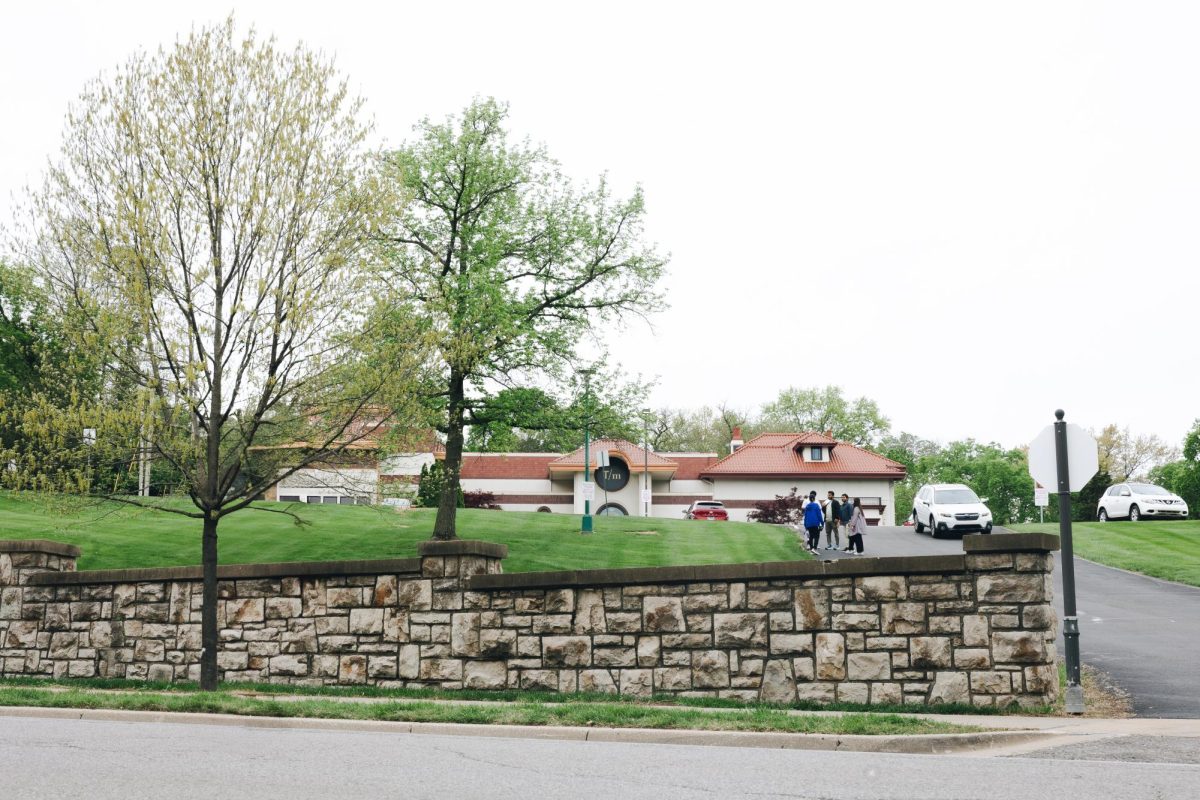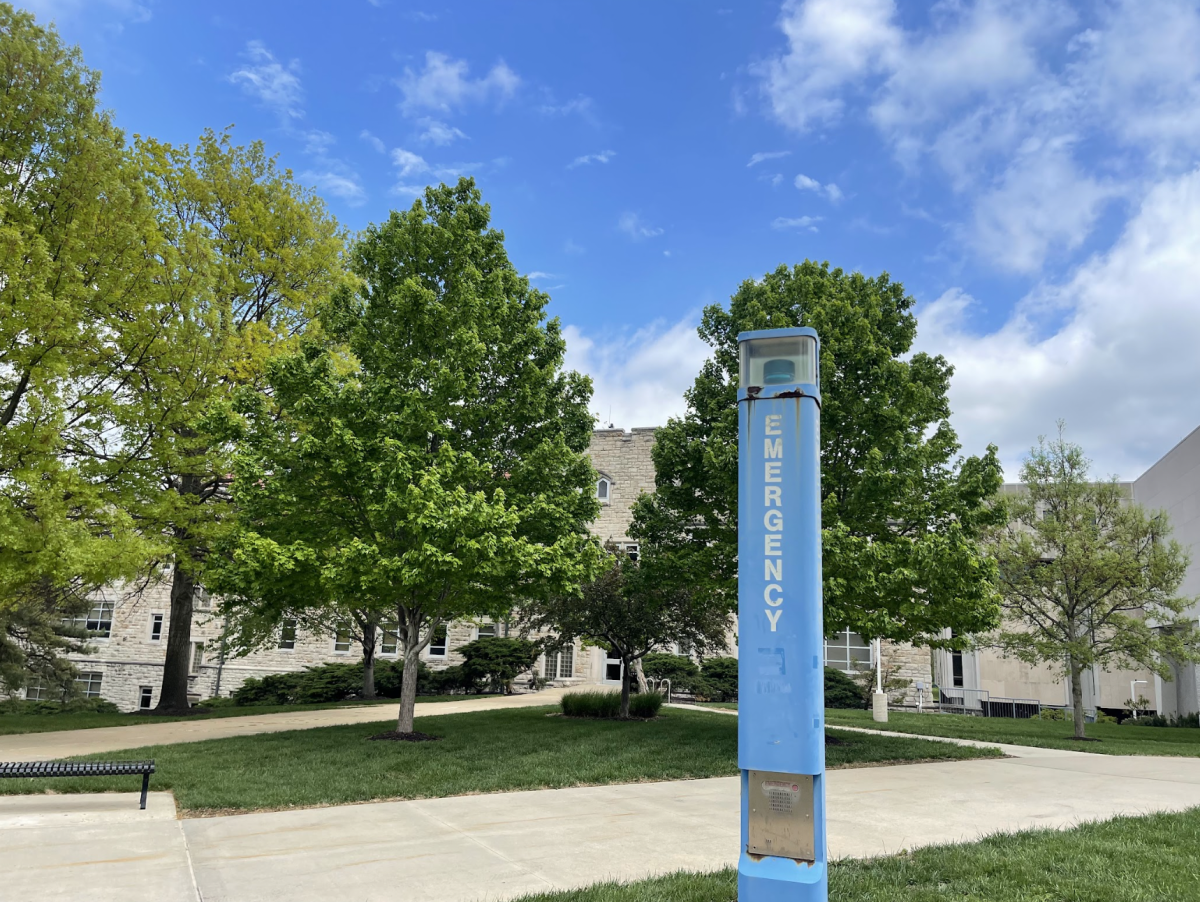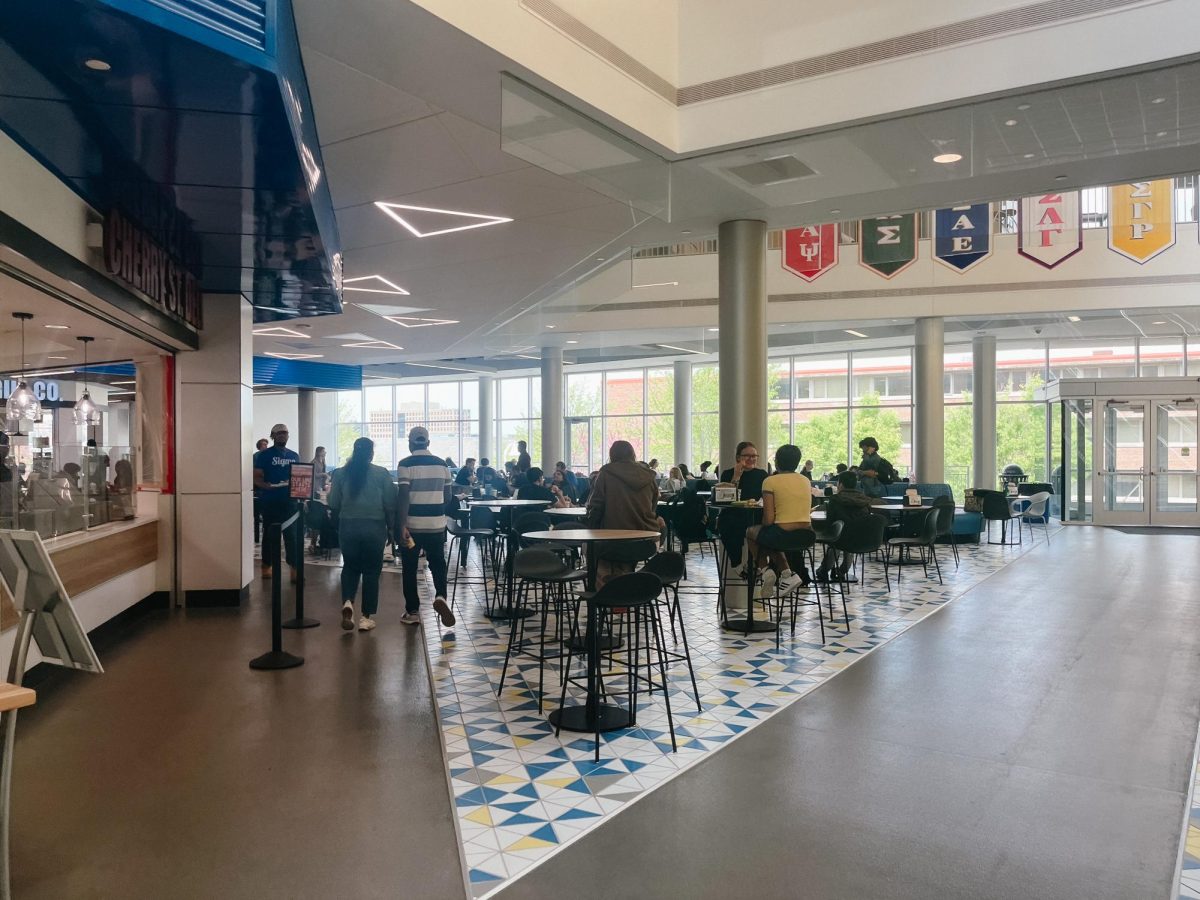UMKC senior Jane (Roo News is using a pseudonym to protect this student’s identity) was naturalized as a U.S. citizen the moment she was born in Denver, despite her parents being from Mexico.
She was born a U.S. citizen because of birthright citizenship, which is the automatic recognition of almost any child born in the U.S. as a U.S. citizen.
Jane, a biology major, described President Trump’s executive order as a hate crime towards minority communities.
“I understand like yeah there’s criminals out there, but that’s not against the whole Mexican people,” said Jane. “There are criminals everywhere.”
On re-entering office, President Trump signed an executive order to alter the United States’ approach to birthright citizenship. This executive order would deny birthright citizenship to children born on U.S. soil by parents who are not in the country legally.
“I have family and friends that are coming from outside the U.S. and the reasoning is always for a better life,” said Jane. “They come here to help their kids out for better healthcare and better school systems.”
Birthright citizenship is a protected right under the 14th Amendment as set by previous Supreme Court rulings. UMKC professors explain that until the Supreme Court makes a final ruling on President Trump’s executive order, it will remain a Constitutional right.
Two federal judges blocked this order and an additional 22 lawsuits have been filed against the executive order and the president.
Abyami Hernandez-Espinoza, an 18-year-old freshman majoring in psychology, has grown up in Kansas City, but she is scared of what may happen to her family under this administration.
“The biggest worry I have is that my mom gets detained (by I.C.E.), and worst case scenario I will have to take care of my siblings being the eldest daughter,” said Hernandez-Espinoza. “I don’t feel capable enough because I am just now going into my adult years.”
Hernandez-Espinoza praised birthright citizenship as the reason she has many opportunities in the U.S.
“It’s the sole reason why my life has been so different compared to what my parents’ life has been,” said Hernandez-Espinoza.
Member of Association of Latin American Students (ALAS), Hernandez-Espinoza said she has relied on her community in ALAS, but hasn’t felt supported by the broader UMKC community. With considerable campus diversity, she said UMKC should do more to publicly support its students.
“They (UMKC administration) don’t want to get involved politically, even though we all know what the right thing to do is,” said Hernandez-Espinoza. “They need to take in mind that diversity has its challenges and is having its challenges with political actions that are going on.”
Associate Professor of Political Science Greg Vonnahme said that executive orders cannot contradict congressional or constitutional law. He described this executive order as the Trump Administration’s aggressive attempt to overturn historical precedent on birthright citizenship that is unlikely to succeed.
Vonnahme explained that when U.S. laws are passed they only take effect going forward. This means that previous U.S. citizenship statuses will not change based on the Supreme Court’s decision.
“It would potentially affect future would-be Americans who otherwise would have been covered by the policy” said Vonnahme.
If students are worried about the progress of this lawsuit, here are a few sources that may help keep up to date: yougov, FiveThirtyEight, SCOTUS
dshbc@umkc.edu, hs4b7@umkc.edu


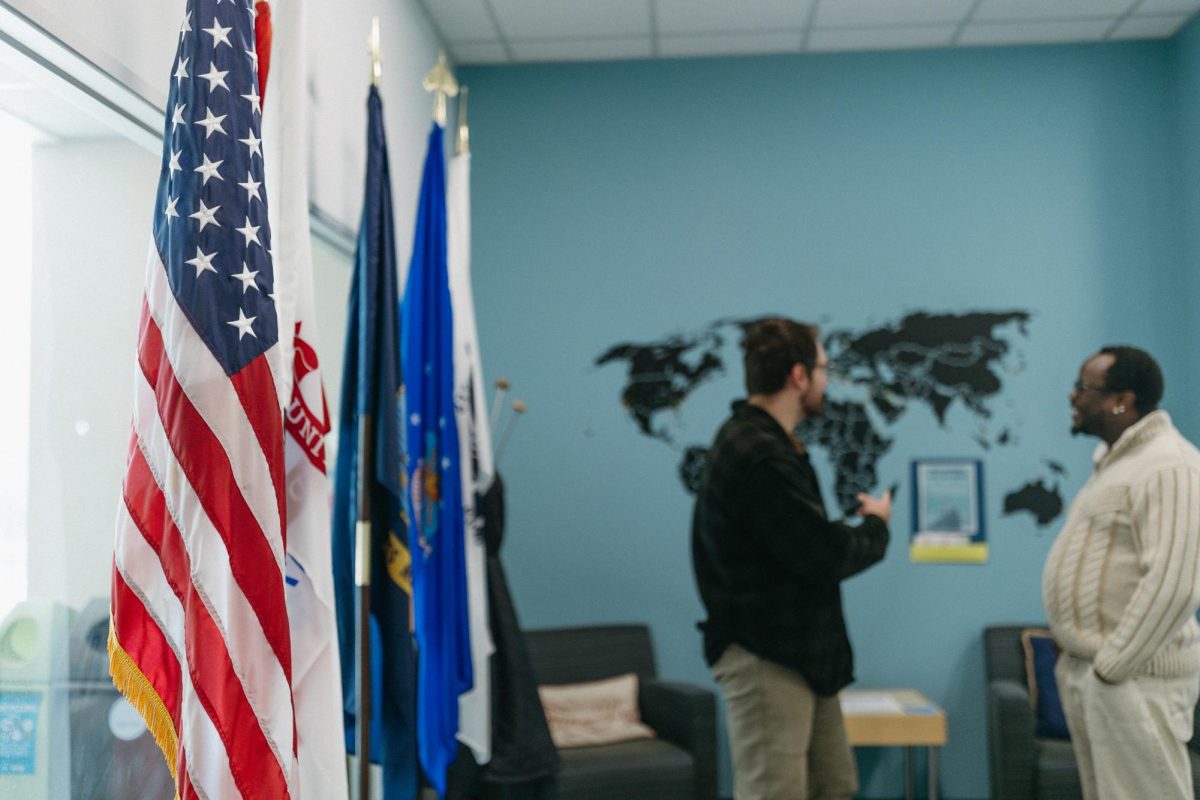
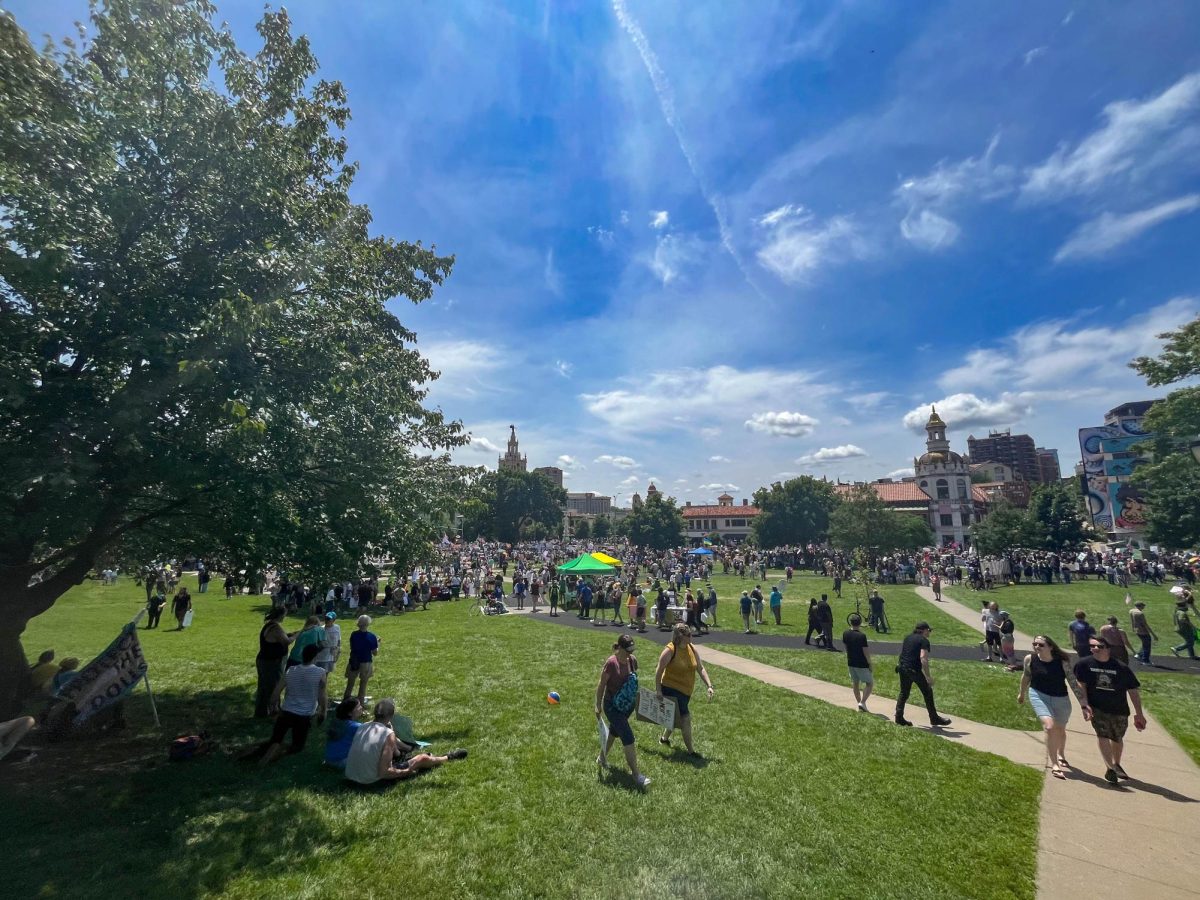
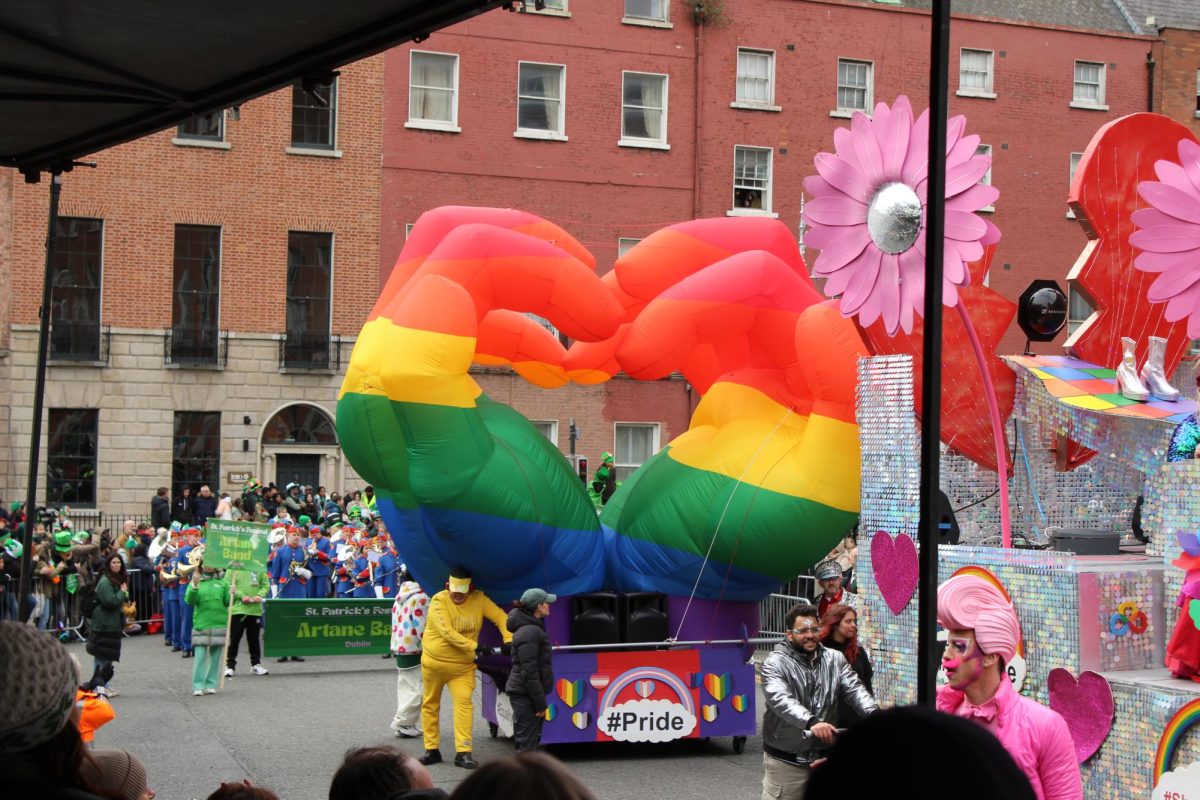
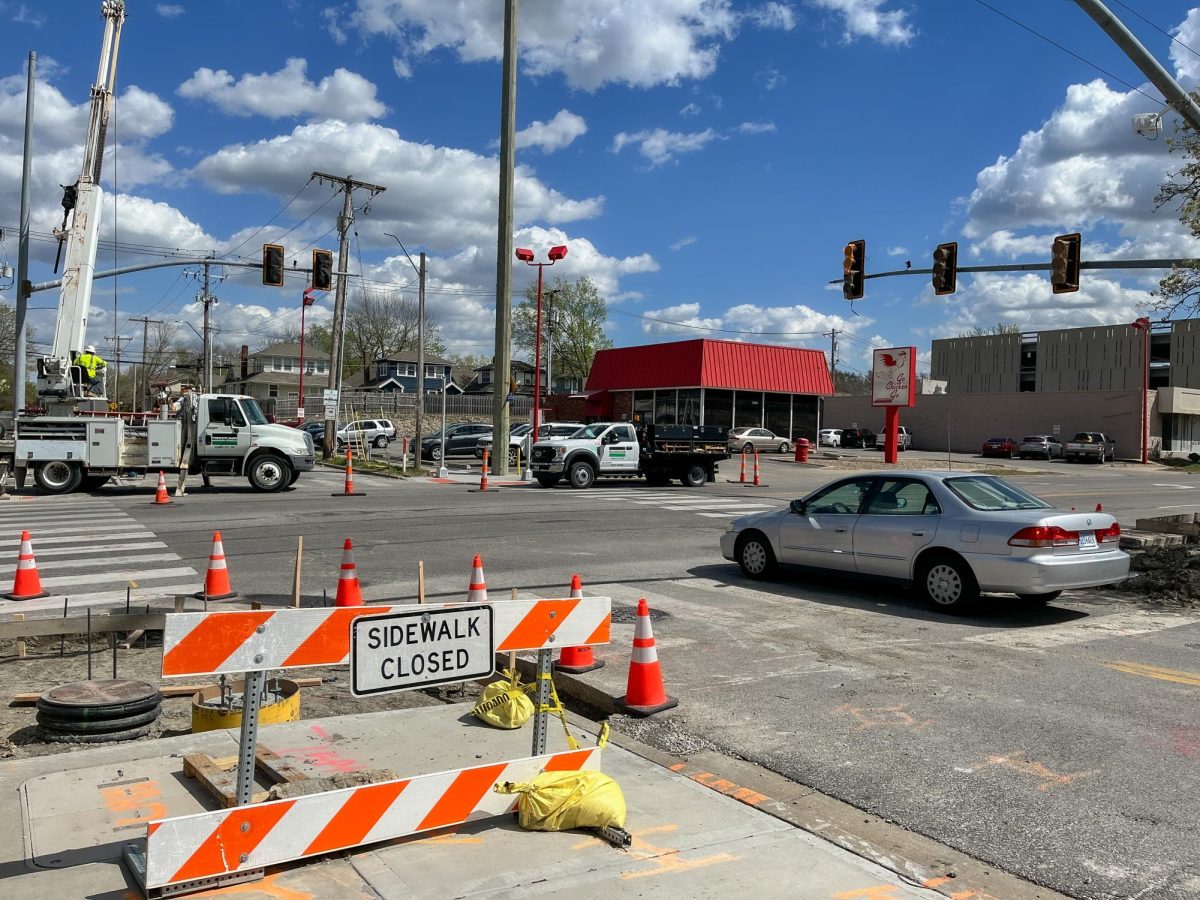
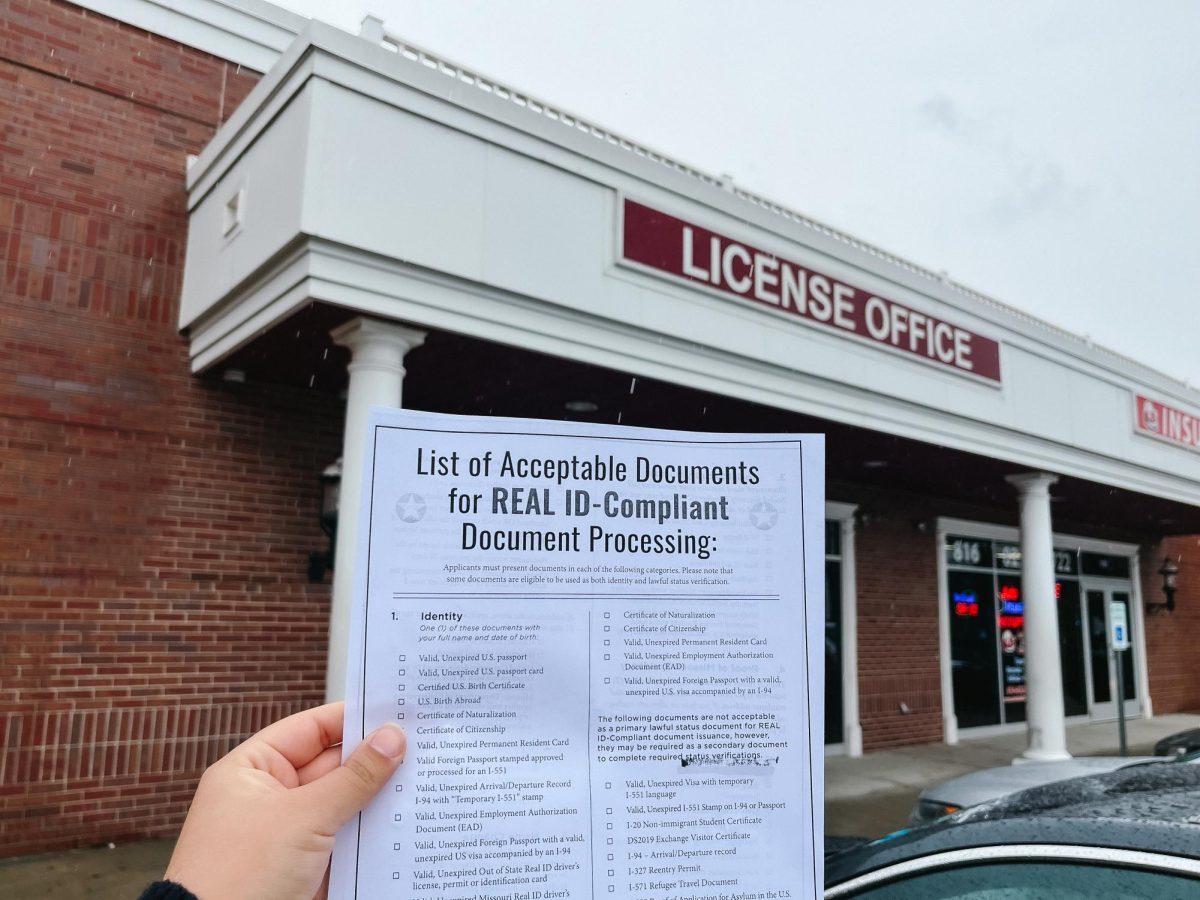
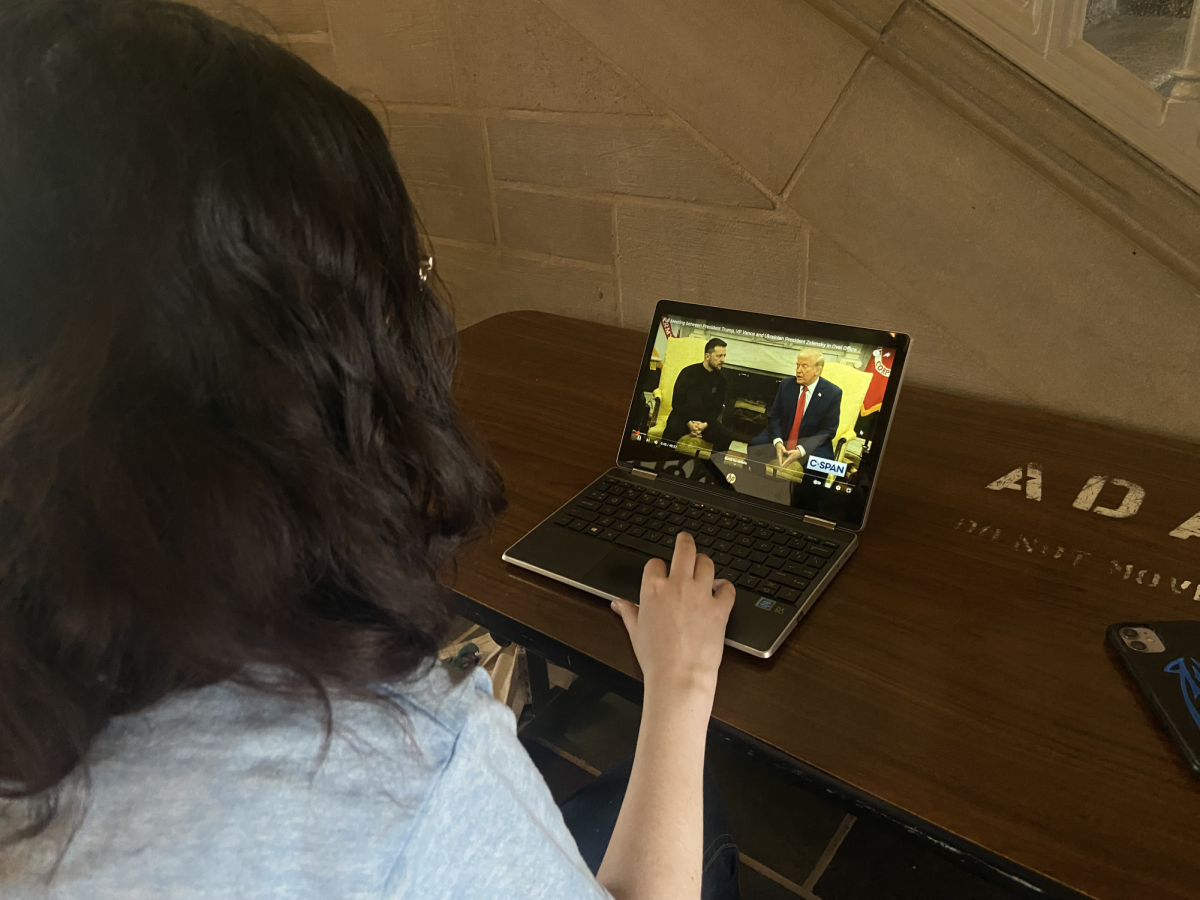
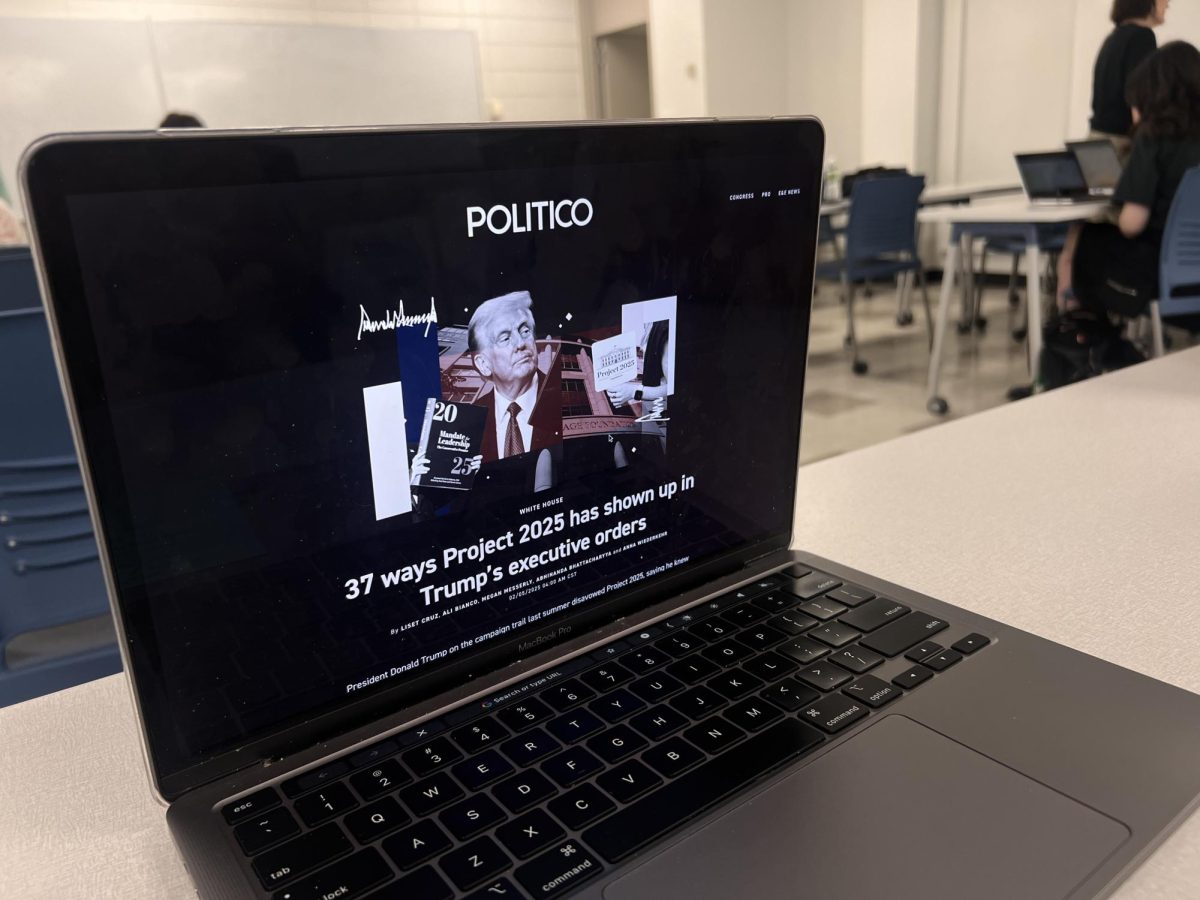
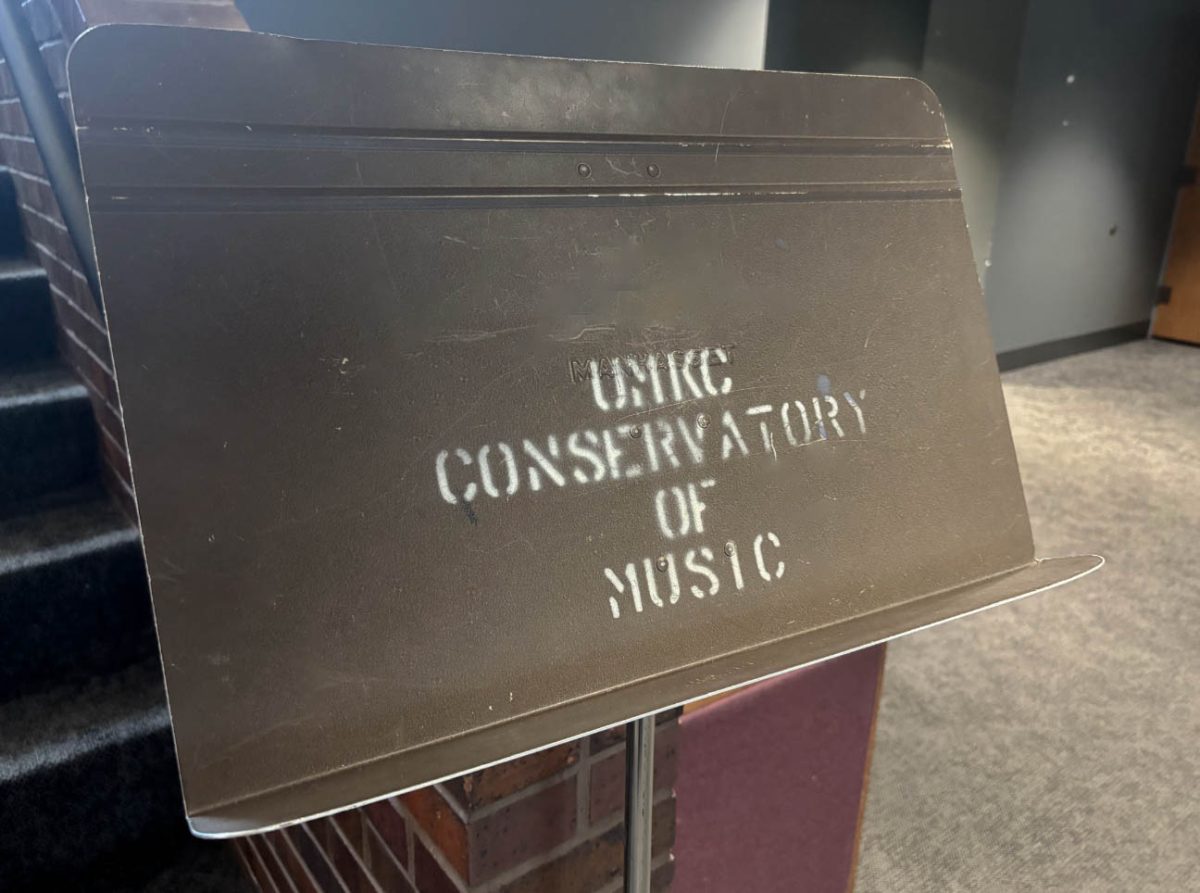
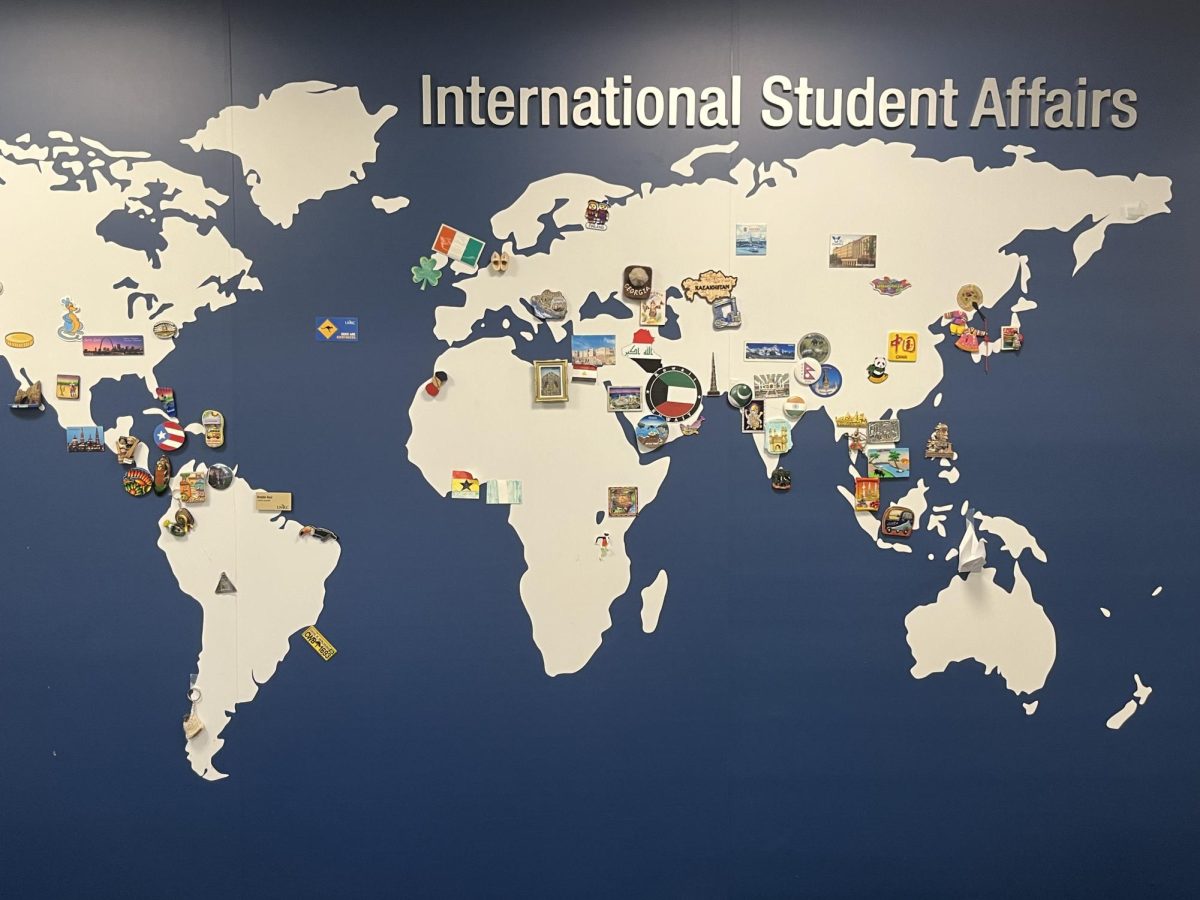
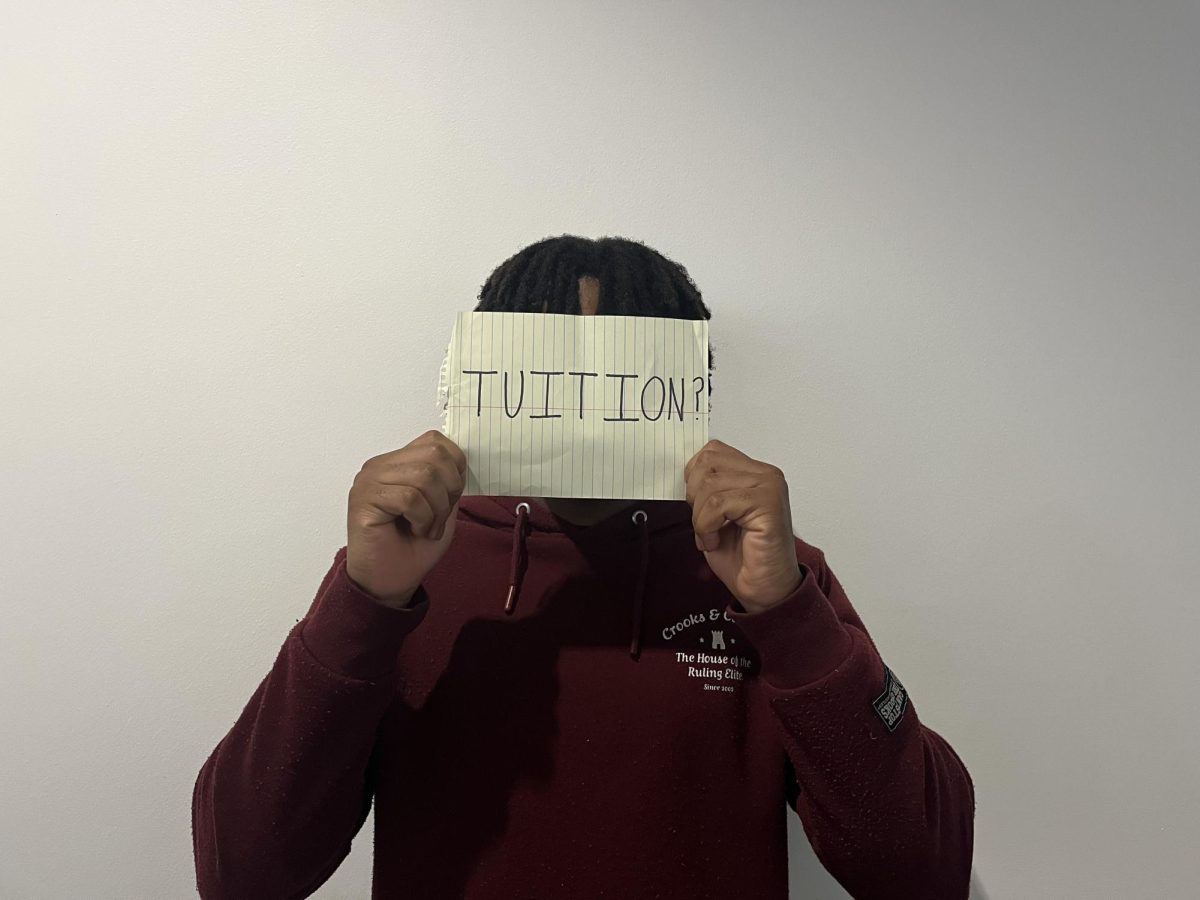
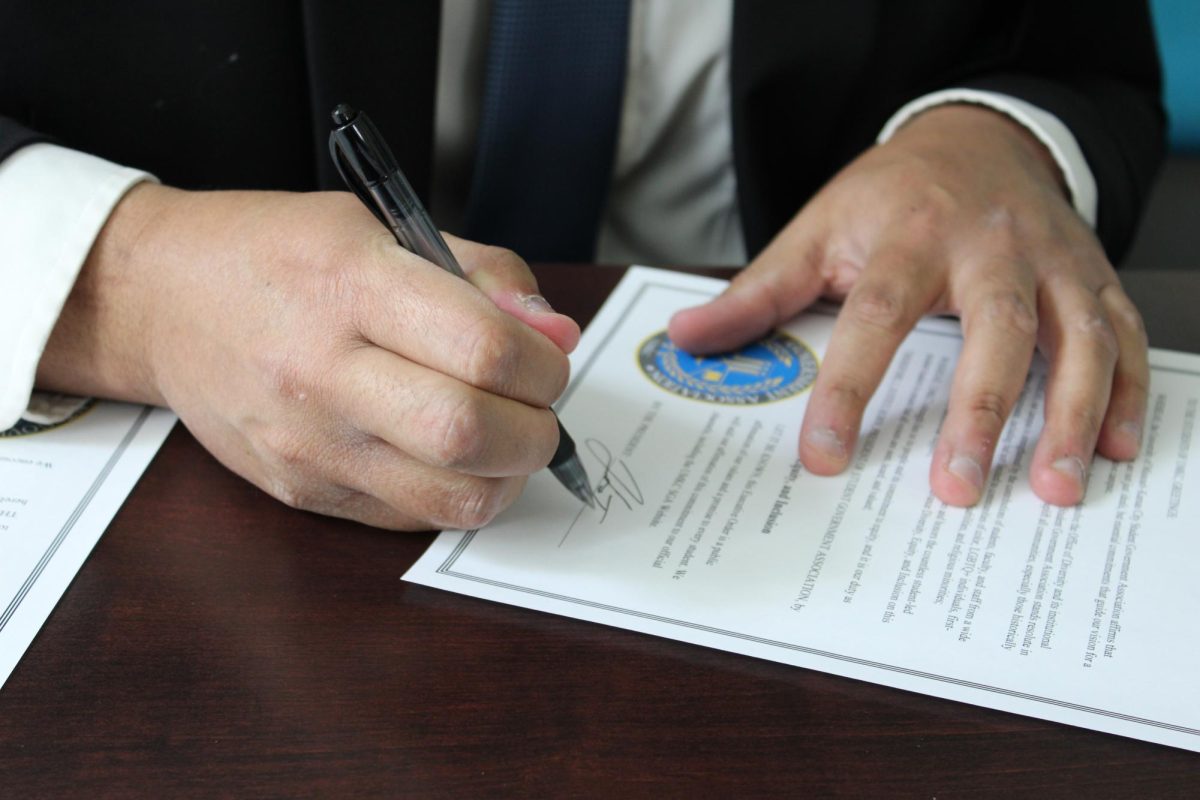
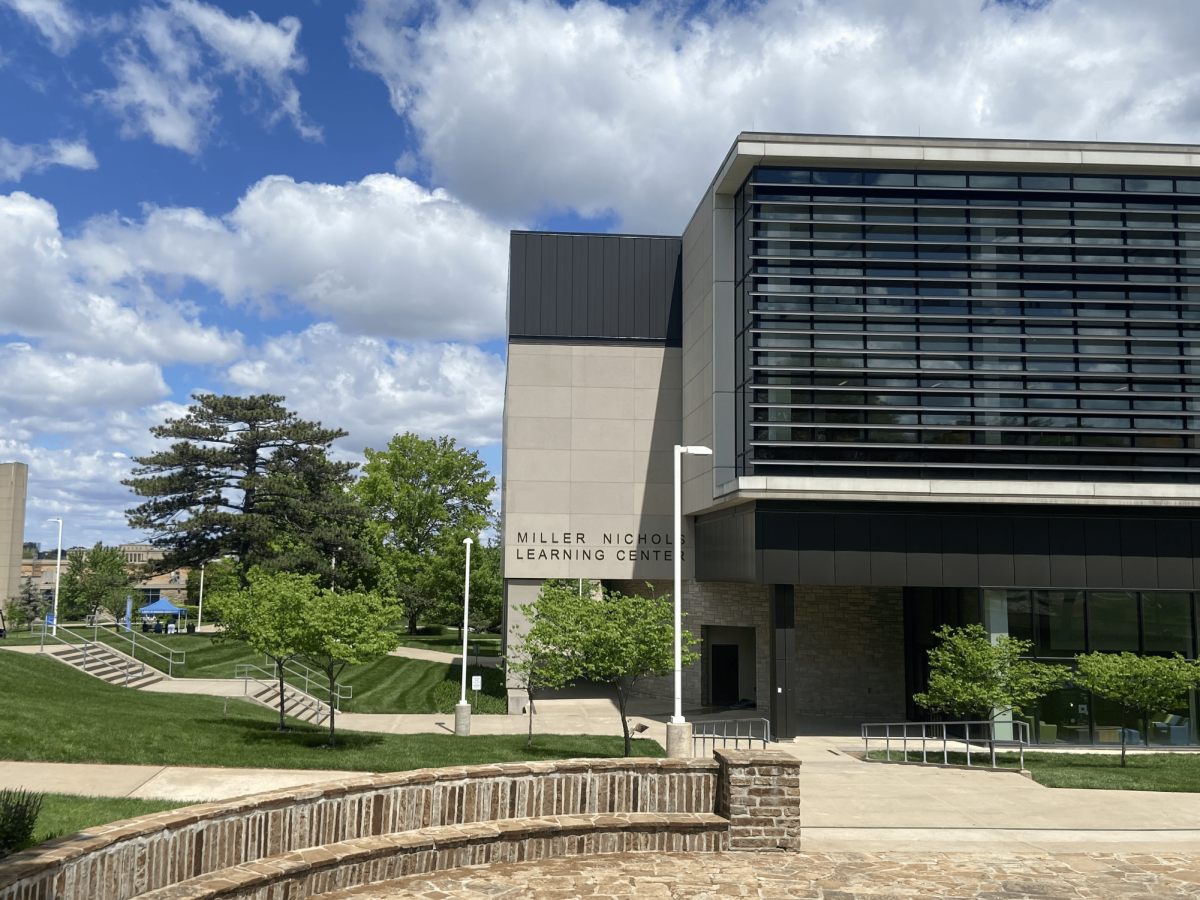
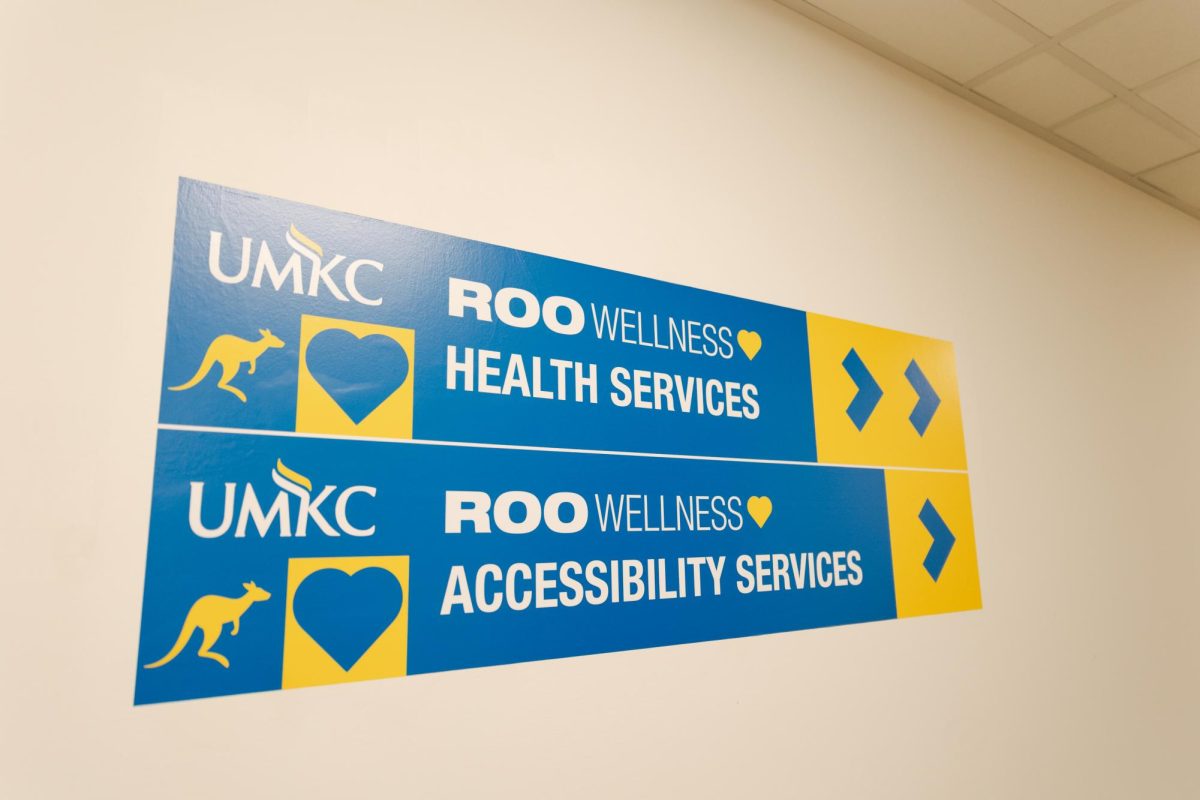
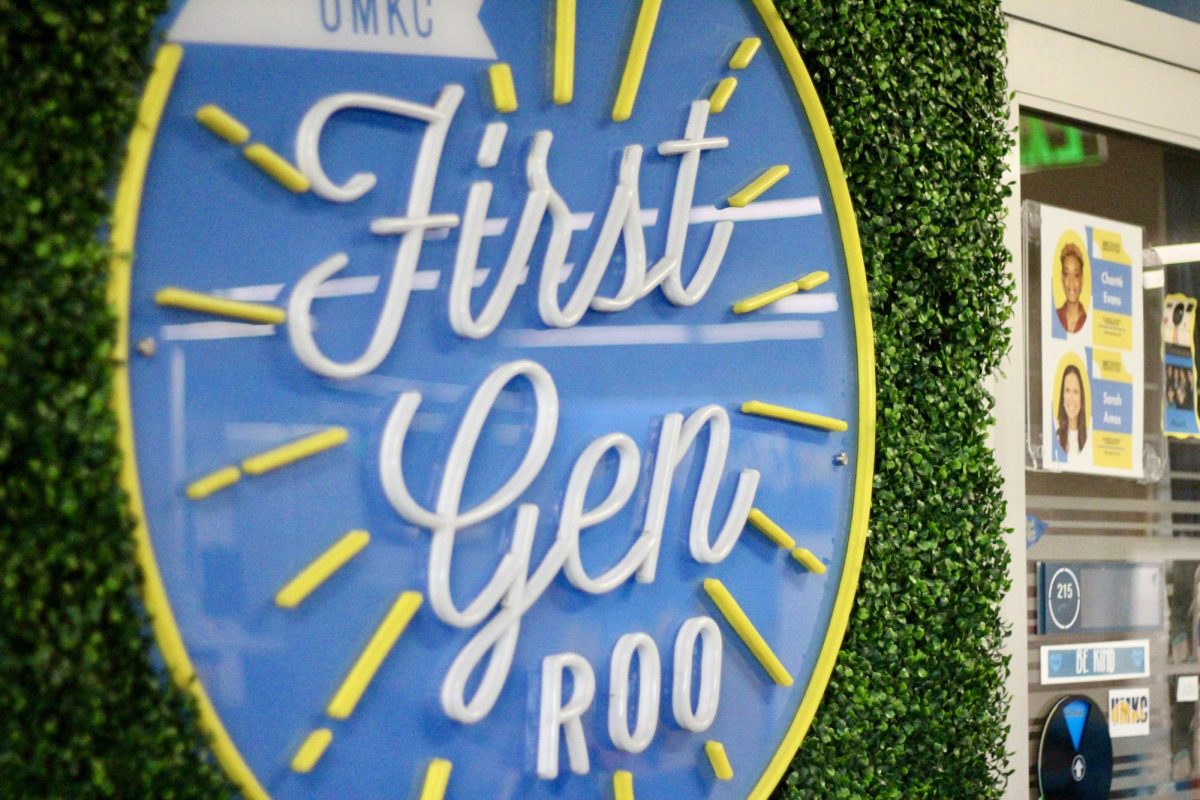

![Alex Unseth [left] and Yasmen Hassen [right] speaking at the dinner.](https://kcroonews.com/wp-content/uploads/2025/04/SGA-1-1200x800.jpg)
